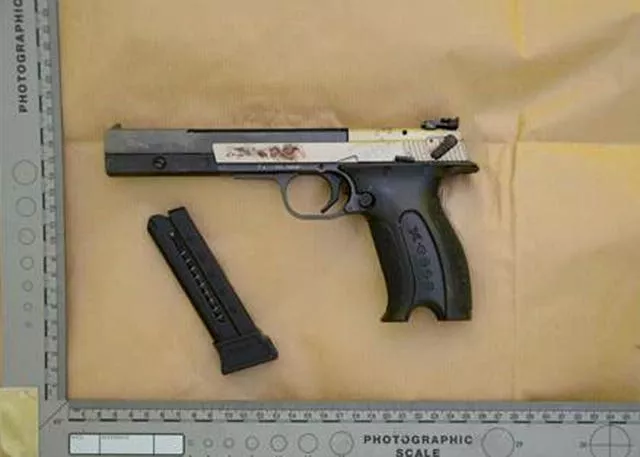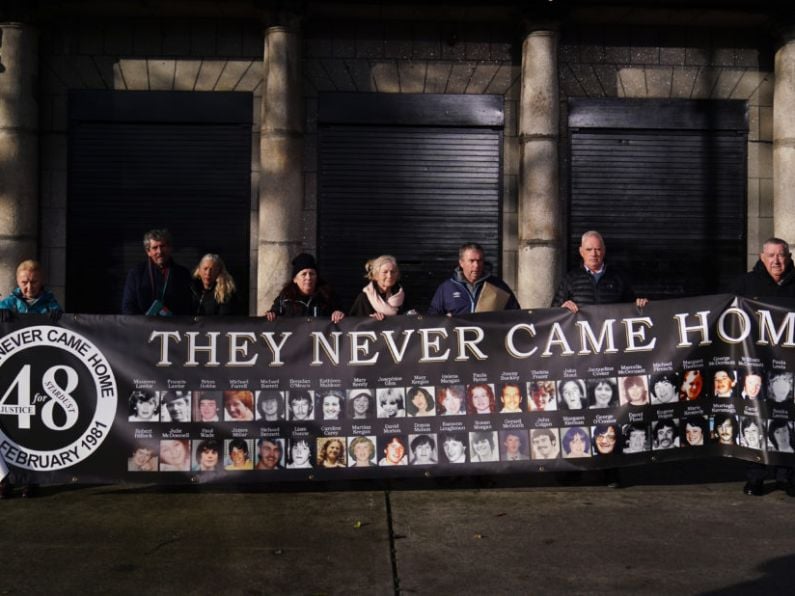By PA Reporter
A man convicted of possessing the gun used to shoot journalist Lyra McKee has been sentenced to seven years in prison.
Niall Sheerin, 29, pleaded guilty earlier this year to possession of a pistol and ammunition with intent to enable another person to endanger life.
At a hearing in Belfast on Wednesday, judge Mr Justice Fowler handed down an extended custodial sentence of seven years’ imprisonment and a further five years on licence.
The gun used to kill the author – a Hammerli X-Esse .22 pistol – was found wrapped in plastic bags in a hollow behind a telegraph pole in a field in the Ballymagroarty area of Derry in 2020.
Bullets and a spent ammunition magazine were also discovered in the package.

Ballistics tests showed the pistol had been used in five shootings in the city in the previous 21 months, including the April 18th, 2019 murder of Ms McKee.
The 29-year-old was shot dead as she observed rioting in the Creggan area of Derry.
The dissident republican organisation styling itself as the New IRA admitted responsibility for her murder.
DNA linked to Sheerin was found on the weapon.
The defendant, from Tyrconnell Street in Derry, admitted possession of the weapon on dates unknown between September 11th, 2018 and June 6th, 2020.

At an earlier sentence hearing, a defence barrister insisted Sheerin had no knowledge of how the weapon had been used prior to him storing it for a “short period of time”.
The Crown contended that Sheerin was aware that he was storing a gun on behalf of the New IRA.
However, prosecutors accepted they could not establish whether the defendant would have been aware of the specific history of the firearm.






